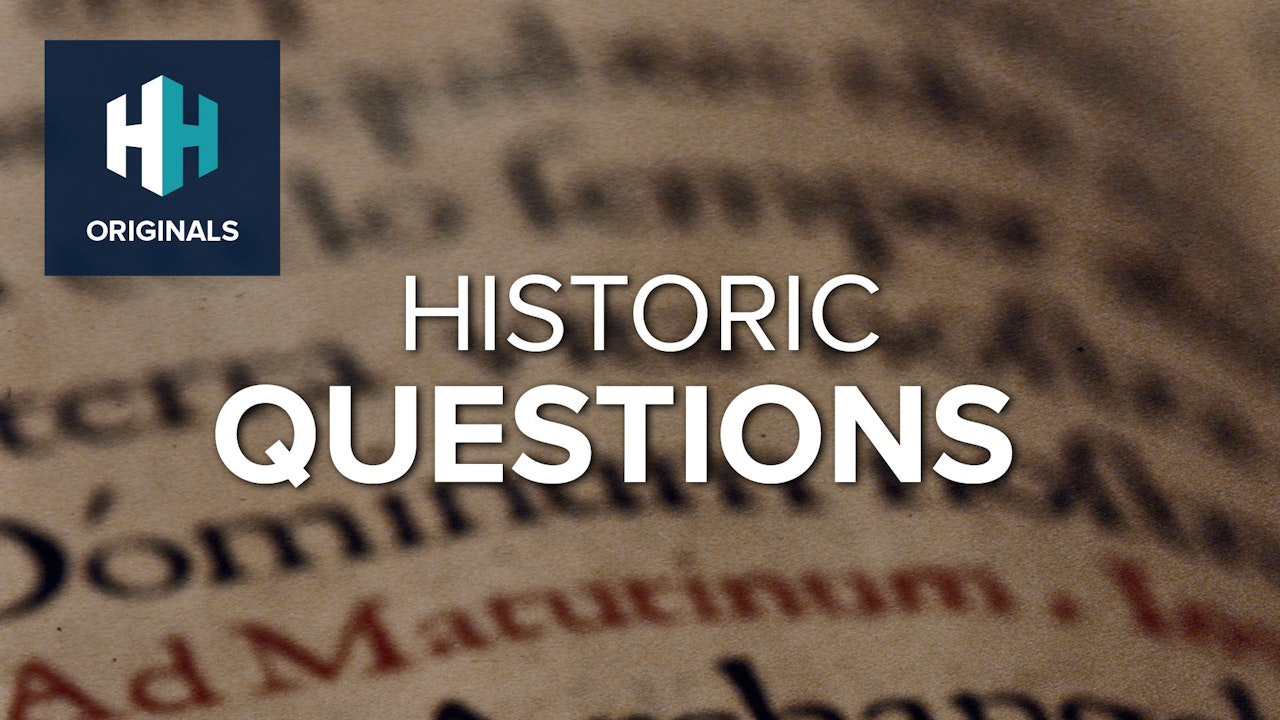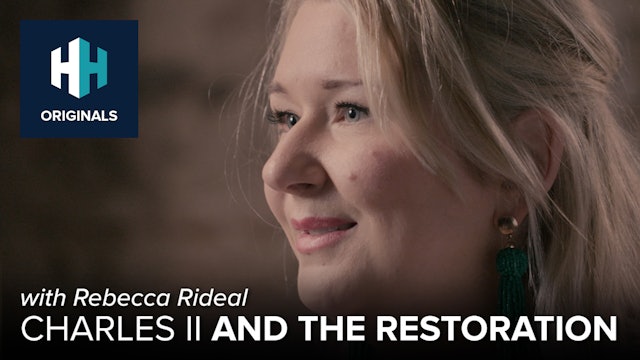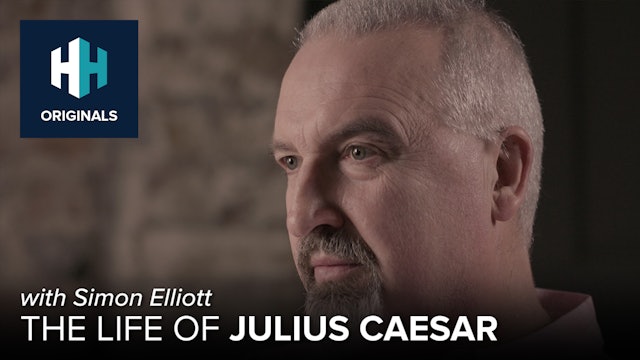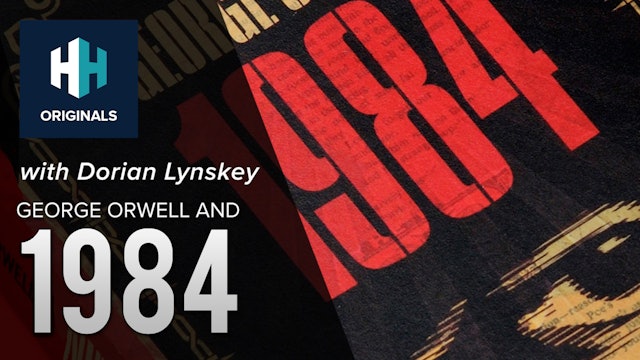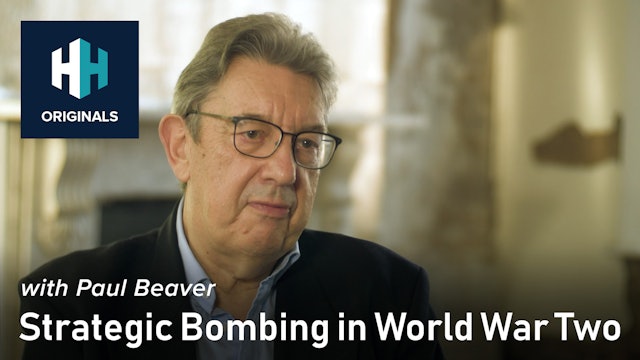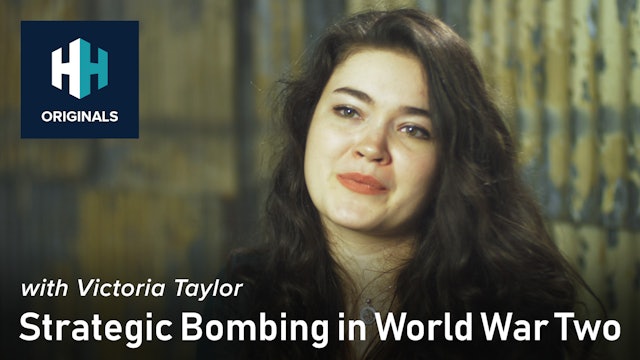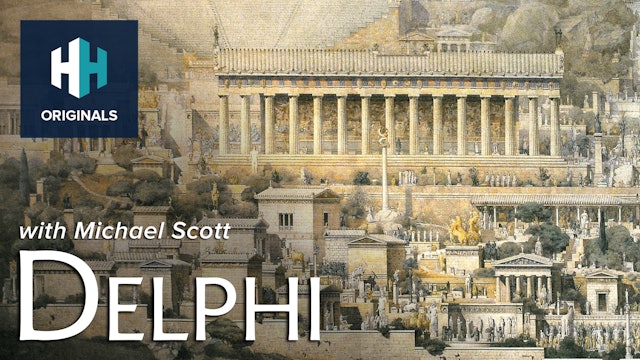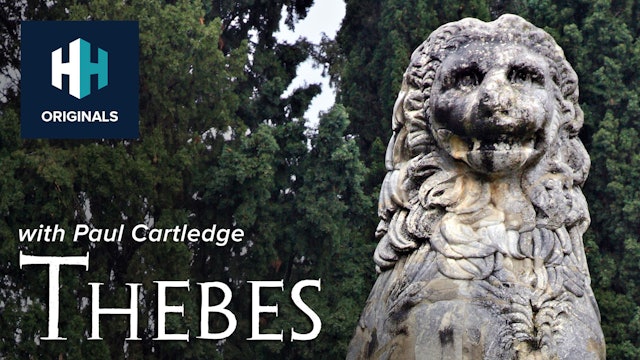-
Charles II and the Restoration with Rebecca Rideal
Episode 1
What did Charles II do in the English Civil Wars? Why was he known as the merry monarch? When did things start to go wrong for Charles II? What happened during the Great Fire of London? How did Charles II die? Stuarts and Restoration London historian Rebecca Rideal answers some of the key questio...
-
The Life of Julius Caesar with Simon Elliott
Episode 2
Historian and archaeologist Simon Elliott has written extensively on the Roman world. He answers the key questions surrounding one of history's most compelling figures - Julius Caesar. Who was Julius Caesar and what was his family history? How did military and political changes aid the rise of Ju...
-
George Orwell's 1984 with Dorian Lynskey
Episode 3
Author and journalist Dorian Lynskey answers key questions about one of the seminal novels of the 20th century, George Orwell's 1984, which was published 70 years ago. Having written 'The Ministry of Truth' a book specifically about Orwell's work, Dorian talks through the origins and meanings of ...
-
Strategic Bombing in World War Two with Paul Beaver
Episode 4
Aviation historian Paul Beaver answers key questions about the strategic bombing campaigns of World War Two. How successful was the Blitz from a German perspective? What was the significance of Big Week? Was Dresden a war crime? And many more...
-
Strategic Bombing in World War Two with Victoria Taylor
Episode 5
Aviation historian Victoria Taylor answers key questions about the air war of World War Two: from the significance of the Dambusters raid to how we should remember "Bomber" Harris.
-
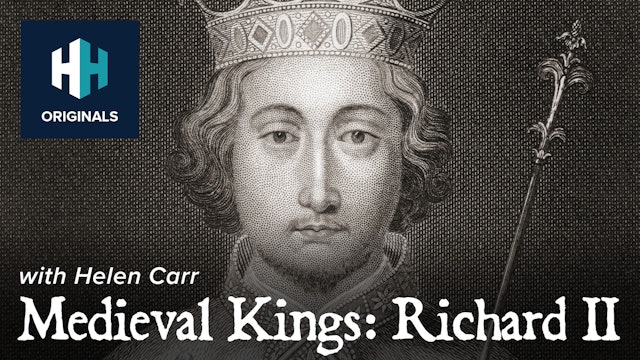 29:50Episode 6
29:50Episode 6Medieval Kings: Richard II
Episode 6
Helen Carr, medieval historian and author of 'The Red Prince', answers the key questions about King Richard II. What kind of England did Richard inherit? Why was John of Gaunt so influential during his reign? What did John achieve? How significant was the 'Peasant's Revolt'? And many more.
-
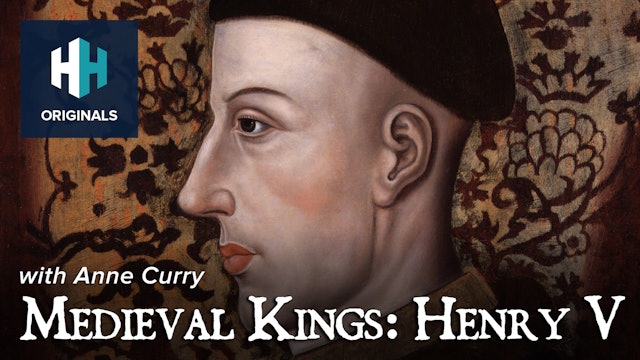 40:53Episode 7
40:53Episode 7Medieval Kings: Henry V
Episode 7
Henry V's exploits both as a King and as a young man have been cemented in the popular imagination thanks to Shakespeare’s plays. But how much of Shakespeare's depiction is true? Anne Curry, Emeritus Professor of Medieval History from the University of Southampton, answers key questions about thi...
-
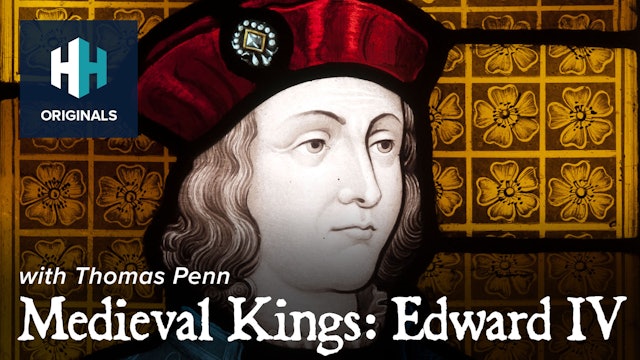 21:49Episode 8
21:49Episode 8Medieval Kings: Edward IV
Episode 8
Thomas Penn, historian of the Late Middle Ages and Early Tudor Period and author of The Brothers York, shines a much-needed light on Edward IV. He answers the key questions about England's forgotten warrior king: from his turbulent rise to the throne to how he dealt with his mischievous brothers.
-
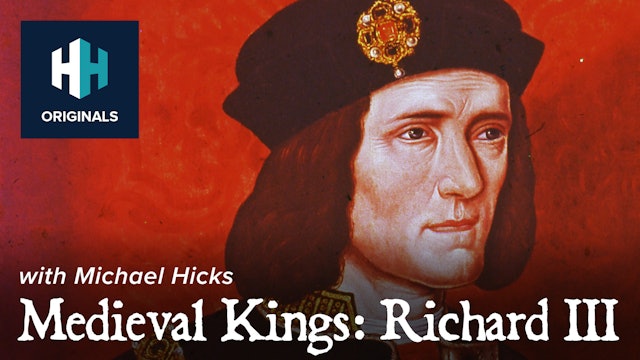 19:52Episode 9
19:52Episode 9Medieval Kings: Richard III
Episode 9
Michael Hicks, former Professor of Medieval History at the University of Winchester, answers key questions about Richard III. From Richard's noble beginnings to his demise on the battlefield at Bosworth Michael sorts the fact from the fiction about the last Plantagenet king.
-
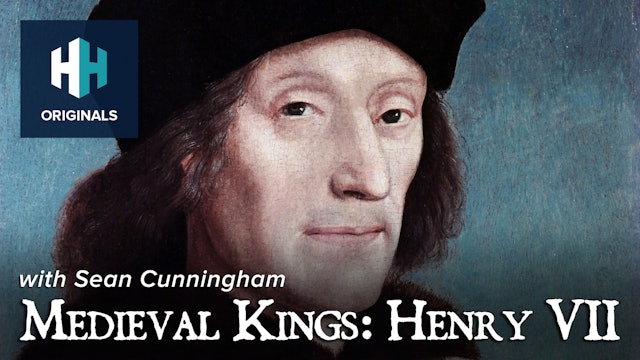 35:07Episode 10
35:07Episode 10Medieval Kings: Henry VII
Episode 10
Sean Cunningham, Head of Medieval Records at the National Archives, answers key questions about Henry VII. From his unexpected rise to the throne to his founding of England's most famous royal dynasty: the Tudors.
-
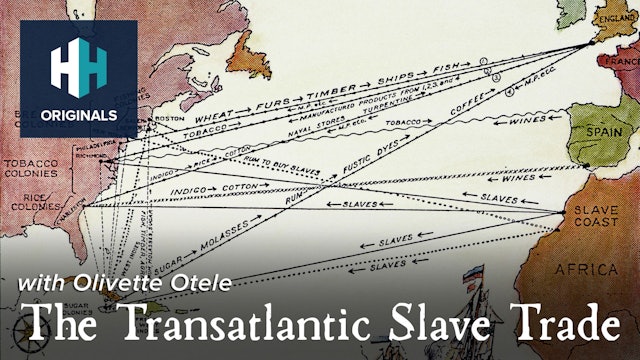 23:19Episode 11
23:19Episode 11The Transatlantic Slave Trade
Episode 11
Olivette Otele, Professor of History and Vice-President of the Royal Historical Society, answers key questions about the slave trade. From its origins to its abolishment.
-
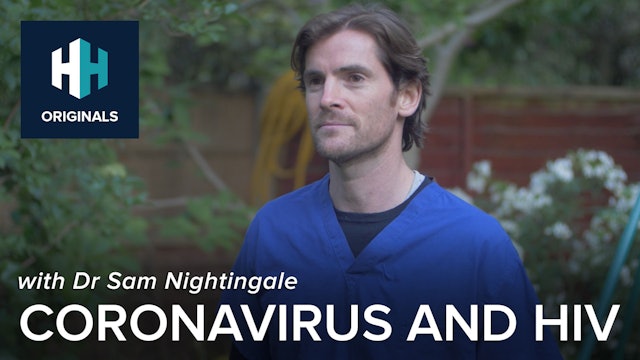 18:40Episode 12
18:40Episode 12Coronavirus and HIV
Episode 12
Sam Nightingale is an infectious diseases researcher and is currently treating patients with COVID-19. In this episode of Historic Questions he talks about this new form of coronavirus and how it might change our society. He also explains how humans responded to the emergence of AIDS in the late ...
-
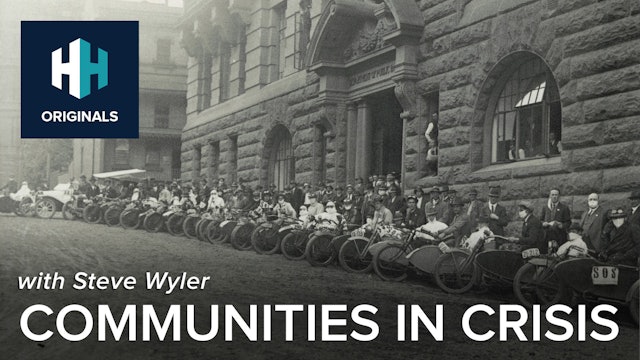 20:42Episode 13
20:42Episode 13Communities in Crisis
Episode 13
Steve Wyler answers the big questions about how communities have responded to pandemics in the past and whether similar reactions can be seen in the current COVID-19 pandemic.
-
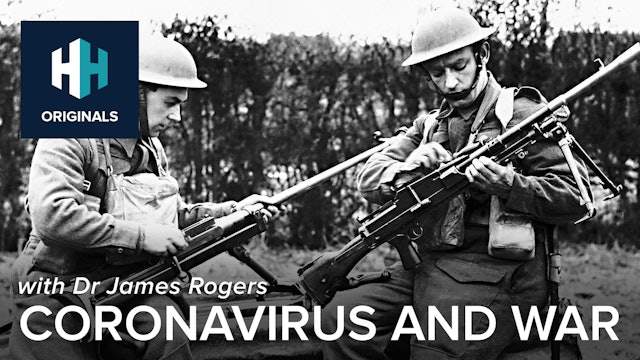 18:31Episode 14
18:31Episode 14Coronavirus and War
Episode 14
Dr James Rogers explains how we can draw parallels between the current COVID-19 pandemic and the Second World War, particularly in how humans have responded to an extraordinary challenge.
-
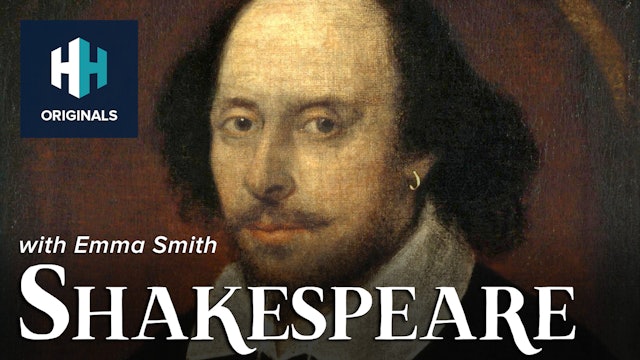 37:09Episode 16
37:09Episode 16Shakespeare
Episode 16
Emma Smith, Professor of Shakespeare Studies at the University of Oxford and the author of 'This is Shakespeare', tackles the big questions about William Shakespeare.
-
Thebes
Episode 17
Athens, Sparta and Corinth are arguably three of the most famous, and most significant, Greek city-states of antiquity. But there is one 'polis' that is often forgotten. A city that rose to prominence during the 4th century BC. That city was Thebes. From fighting with the Persians during the Pers...
-
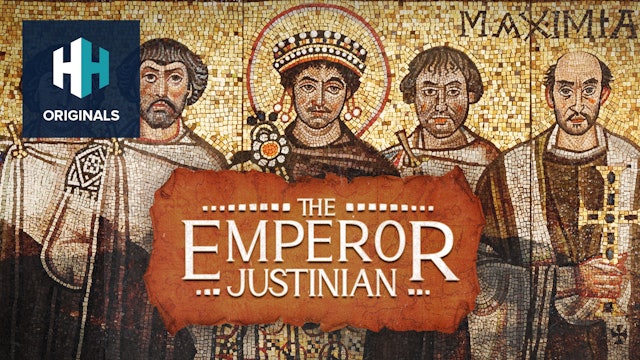 50:19Episode 18
50:19Episode 18The Emperor Justinian
Episode 18
Peter Heather, Professor of Medieval History at KCL, tackles the big questions about the Roman Emperor Justinian.
-
 35:46Episode 19
35:46Episode 19The Kingdom of Benin
Episode 19
Luke Pepera, a British-Ghanaian writer, historian, archaeologist and anthropologist tackles the big questions about the Kingdom of Benin, a powerful domain that flourished between the 13th and 18th centuries in modern day southern Nigeria.
-
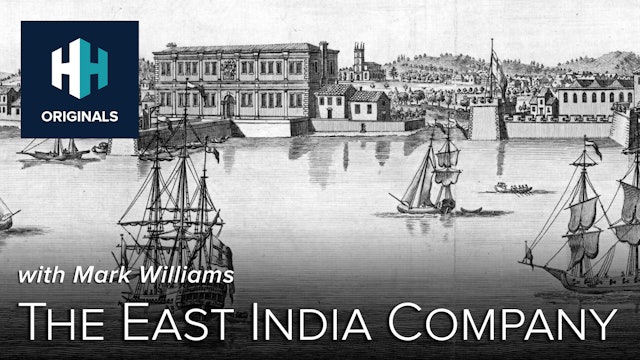 38:25Episode 20
38:25Episode 20The East India Company
Episode 20
Mark Williams, senior lecturer in Early Modern history at Cardiff University, tackles the big questions about the East India Company.
-
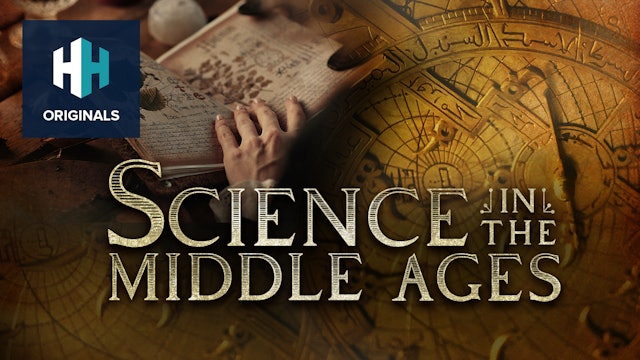 30:39Episode 21
30:39Episode 21Science in the Middle Ages
Episode 21
Seb Falk, a historian of medieval science at Cambridge University and the author of The Light Ages, tackles the big questions about science in the Middle Ages.


